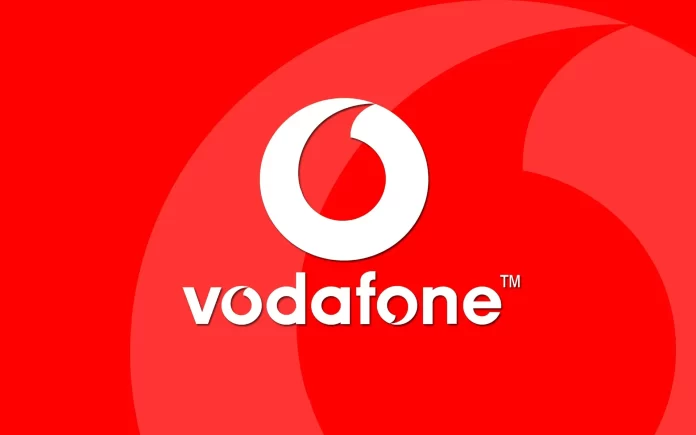Vodafone has paid out more than $1bn in fees to advisers over the last two decades amid ambitious empire-building followed by a costly retreat, the Telegraph has reported.
The British telecoms giant has reportedly spent huge sums on bankers and lawyers as part of long-running turnaround efforts, with data from Dealogic revealing that “in excess” of a billion dollars has been spent on advisers since 2000.
The figures show the scale of dealmaking at Vodafone, which has failed to boost the company’s share price beyond what it was around 30 years ago.
Vodafone’s heyday came in the wake of its mammoth $190bn takeover of German rival Mannesmann in 2000, which remains the largest corporate takeover in history.
The deal formed part of Vodafone’s expensive flag-planting campaign during the 1990s and early 2000s as it sought to build a global mobile empire.
But the spate of acquisitions has failed to pay off for Vodafone, as bosses now attempt to slim down operations.
Ghana
Indeed, in 2008, Vodafone also acquired 70% shares in the state-owned Ghana Telecom, which was at time being run by Telenor from the Netherlands. Vodafone paid a historic $900 million for the stake.
But just like in the German Mannesmann saga, Vodafone Ghana also failed to live up to the bill, so the company recently transferred all of its 70% shares to the Telecel Group is a transaction said to be an all-cash deal, even though no cash amount has been mentioned till date.
Over the 15 years that Vodafone was in Ghana, they accumulated huge debts in the form of unpaid loans and licensing fees, all of which the Telecel Group has inherited.
Meanwhile, Vodafone Ghana was once in the news for having shipped over GHS2.1 billion outside of Ghana to pay management fees without paying taxes on those moneys. This happened at a time when Vodafone was reporting no profits and was there not paying profit taxes.
The Ghana Revenue Authority therefore fingered Vodafone for engaging is transfer pricing and avoiding tax to the tune of GHS160 million. Vodafone took the matter to court, but quickly run out of court and agreed to pay the respective tax once they were exposed for shipping money out, while claiming to be unprofitable.
Source: techfocus24 (News Ghana)


